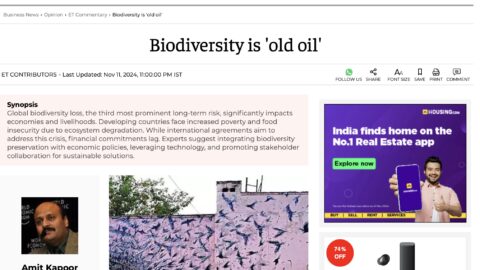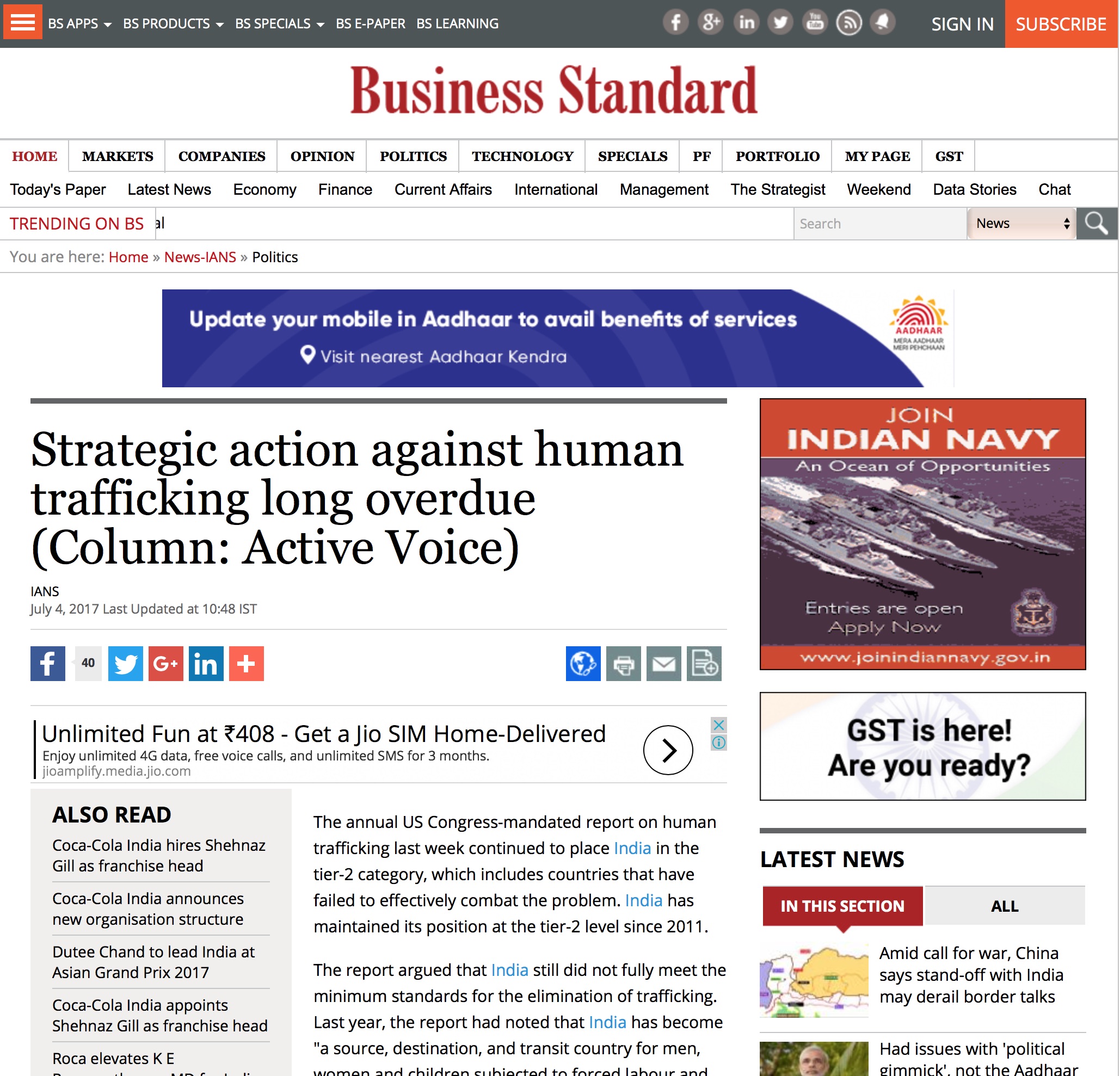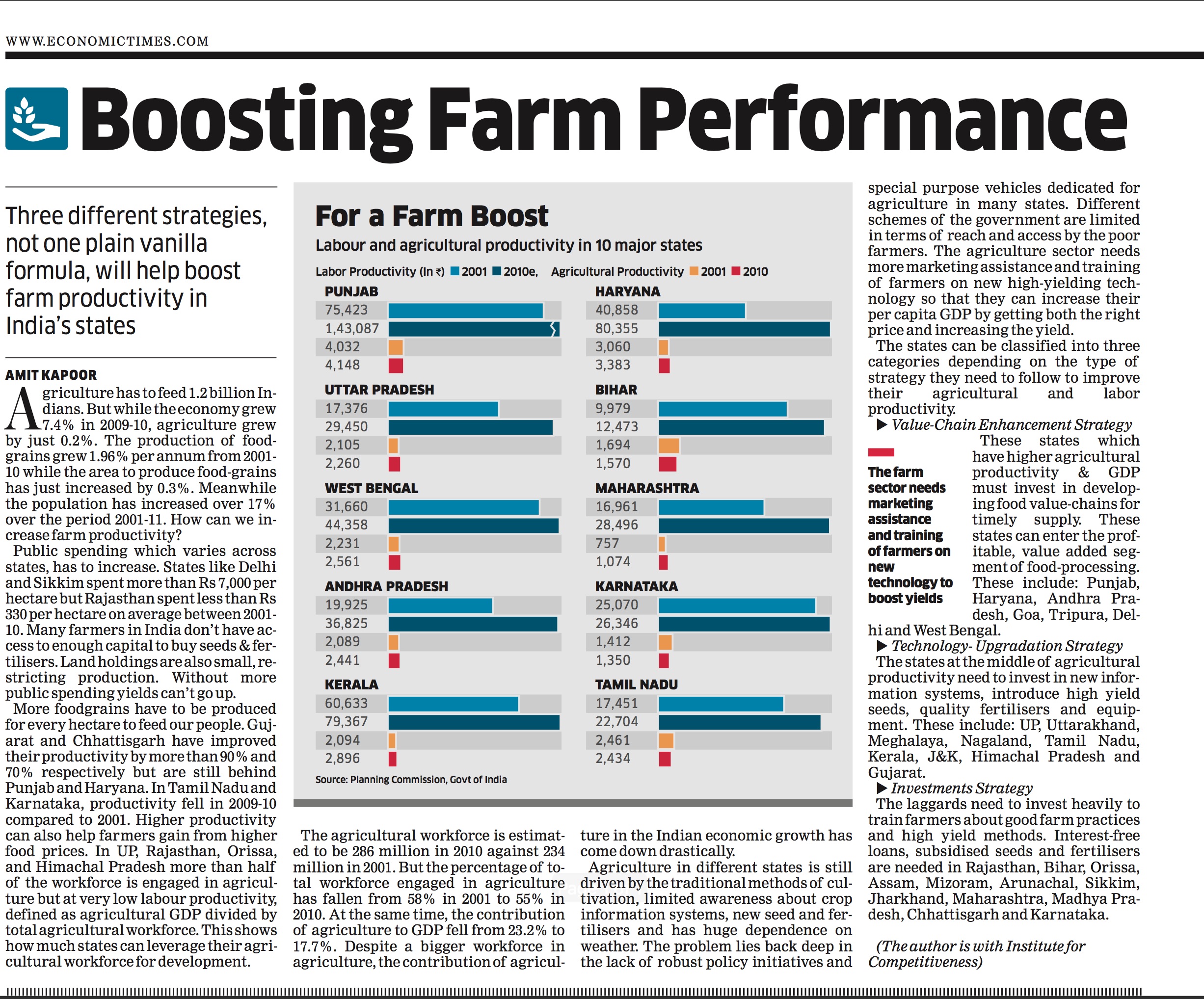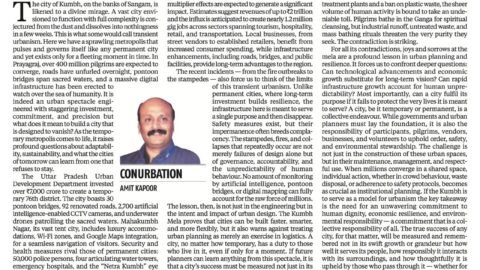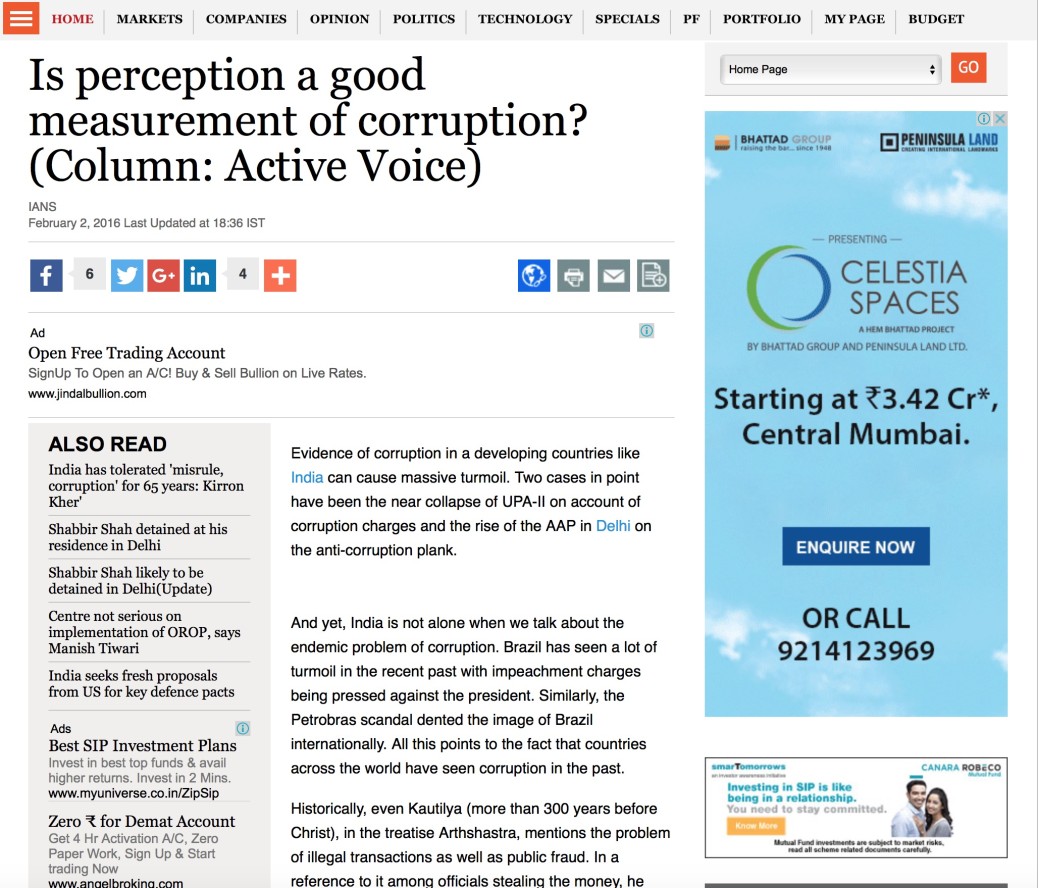The recent notifications by All India Council for Technical Education (AICTE) come as a rude shock for the education fraternity of the country. The notification regulates the working of business schools or post-graduate diploma in management (PGDM) institutions in conducting their regular and part-time programmes. Consequentially, their freedom to be innovative and progressive is curtailed. To say the least, the business schools are under attack and soon shall lose their independence to gross misunderstanding of the political masters and regulators of this country.
For a moment, let us accept the decree of AICTE and its underlying ideas that there is a need for regulation. Here, we need to ask a few compelling fundamental questions and analyse the situation deeper.
Need for regulation: Regulation is required to preserve, maintain and protect the rights of the consumer. In addition, regulation needs to look at creating a level playing field and protect the rights of the service providers. We would typically look at a market wherein we have infinite customers and finite providers. Regulating the number of providers presents a fair degree of competition. Regulation looks at an underlying assumption that cut-throat competition would lead to price wars.
What is wrong with AICTE decree?: Regulation tries to create oligopolies wherein there is a restriction on the number of players. These firms can’t exist in isolation and they operate around some minimum acceptable standards within the industry.
There is no interdependence between business schools as they exist in isolation. The challenge is to ensure customer service and laying down minimum acceptable standards. The world over, we have had accreditations and certifications for business schools such as The Association to Advance Collegiate Schools of Business (AACSB) and The Association of MBAs (Amba) that reflect the quality and degree of standardisation in schools and the processes they follow.
Each player today has unlimited access to the market, and that forces the mechanism of price and service regulation. As the case stands, the AICTE decree will disorient this very nature of competition.
A regulator ensures complete disclosure of information by service providers and then leaves the choice of accepting and rejecting in the hands of the customer. On the other hand, service providers tend to differentiate by creating brands and interactions at touch points that could have a different impact.
However, this is certainly not the case with business schools, which clearly create differentiation through the quality of students, the syllabi, the placements they achieve and research they undertake.
Now, if AICTE says they would admit students, determine the pricing and the curriculum, it would amount to the idea that AICTE is becoming a service provider and all the business schools in the country would become agents of delivery.
This change certainly compels us to ask a question: is AICTE a regulator or a service provider? In case AICTE does not understand this question – which it would not in all likelihood – let us ask a question pertaining to the telecom industry: does Trai find customers for telecom operators?
Telecom industry is a perfect example of oligopoly wherein the interdependence between the players is high and this ensures the delivery of service and smart regulation has created playing field that is not exploitative for customers and detrimental for service providers.
The final word: It is absolutely clear that AICTE is trying to do what it is not intended to do. The regulation will not benefit the business schools. It would, though, certainly benefit business schools that are gross underperformers, i.e., schools that can neither find students nor generate revenues. This goes fundamentally against the ethos of capitalism wherein the innovative and fit survive.
The regulation may make top schools reinvent themselves and exit this particular product.
To say the least, the government has taken a regressive step and it would effectively undo what business schools built over decades tediously. If the government doesn’t retract the decree, it may be concluded that we would be left with a socialistic society at the lowest level of quality and performance.
In effect, AICTE will resemble the erstwhile monopoly of the Life Insurance Corp of India where the insurer had no competition but intense competition within agents.
The Article was published with Economic Times on March 12, 2011.


